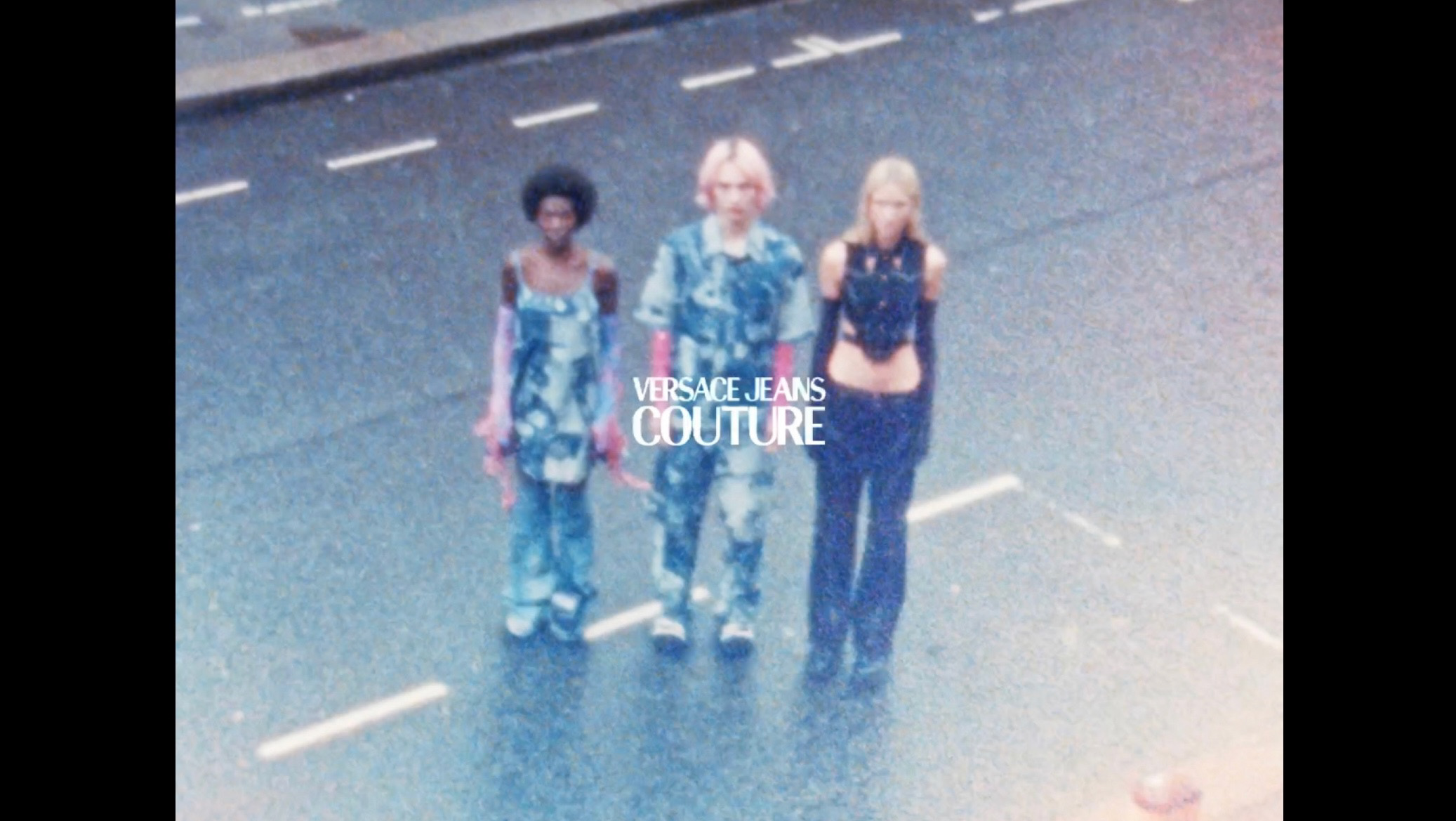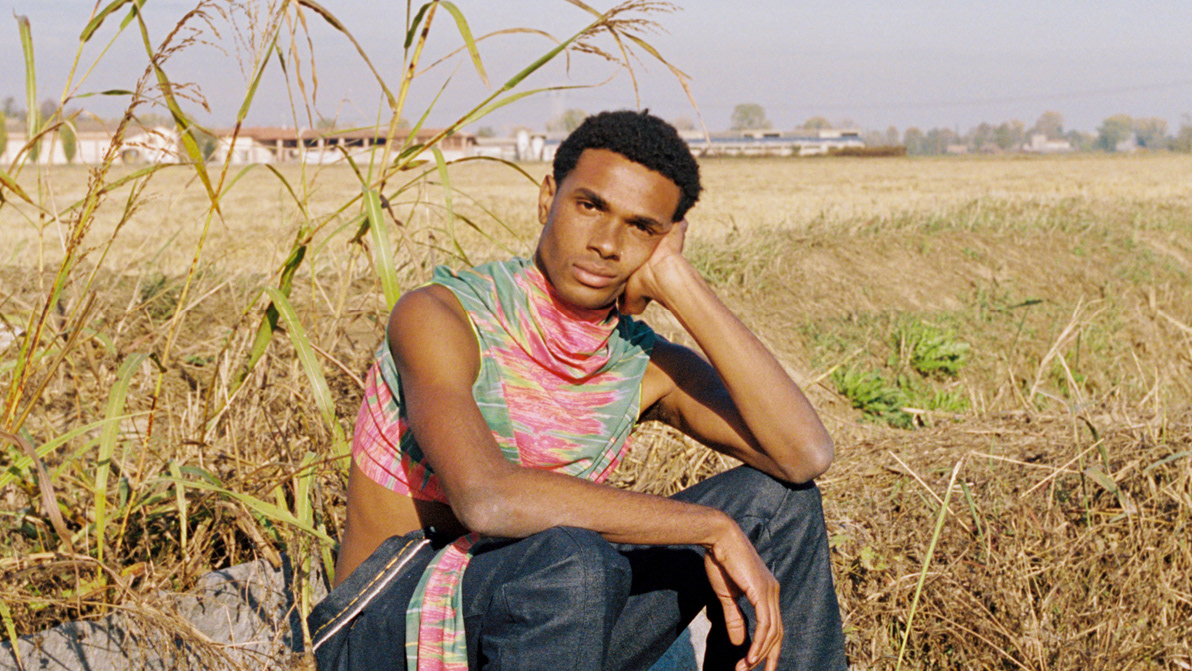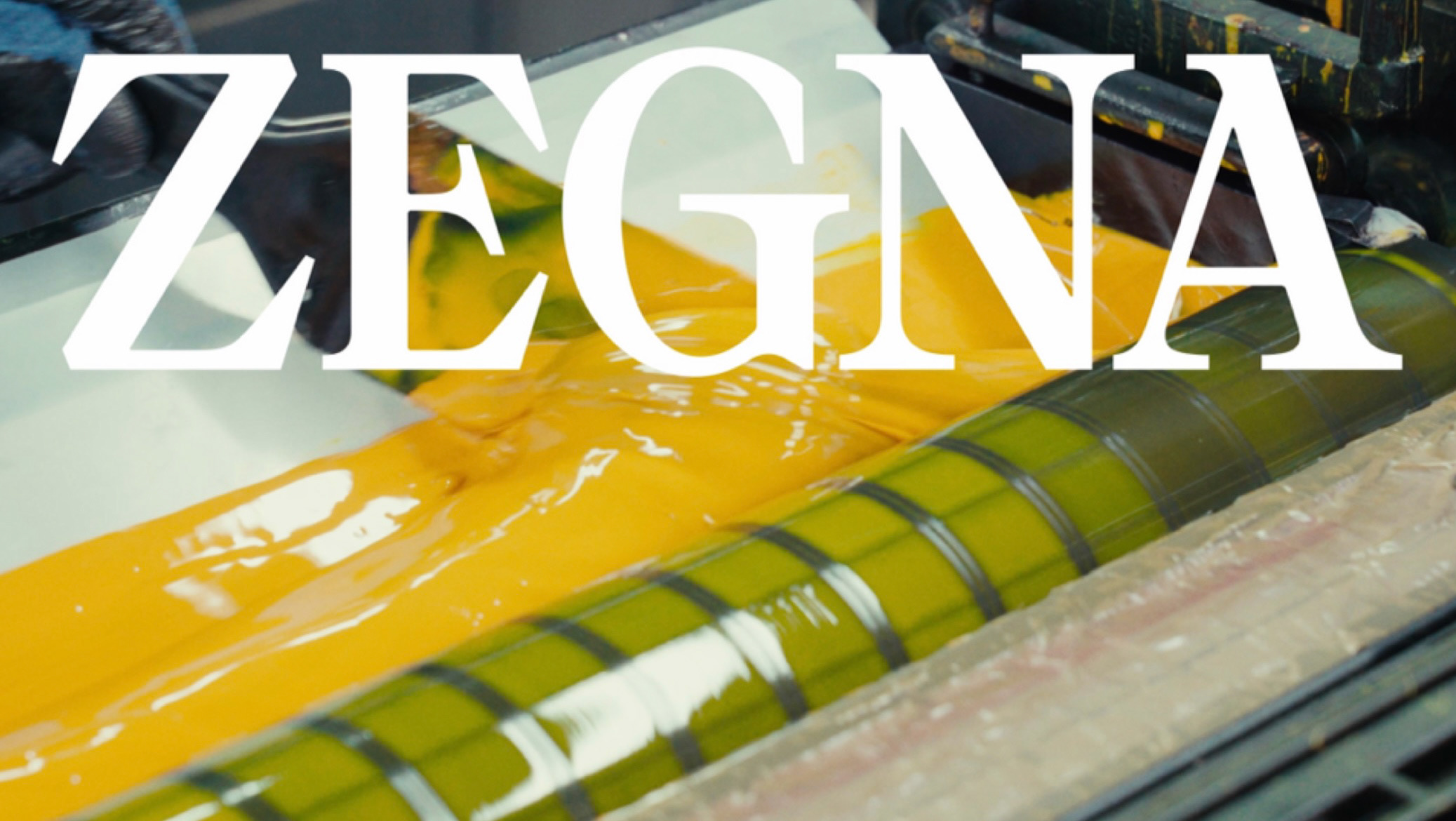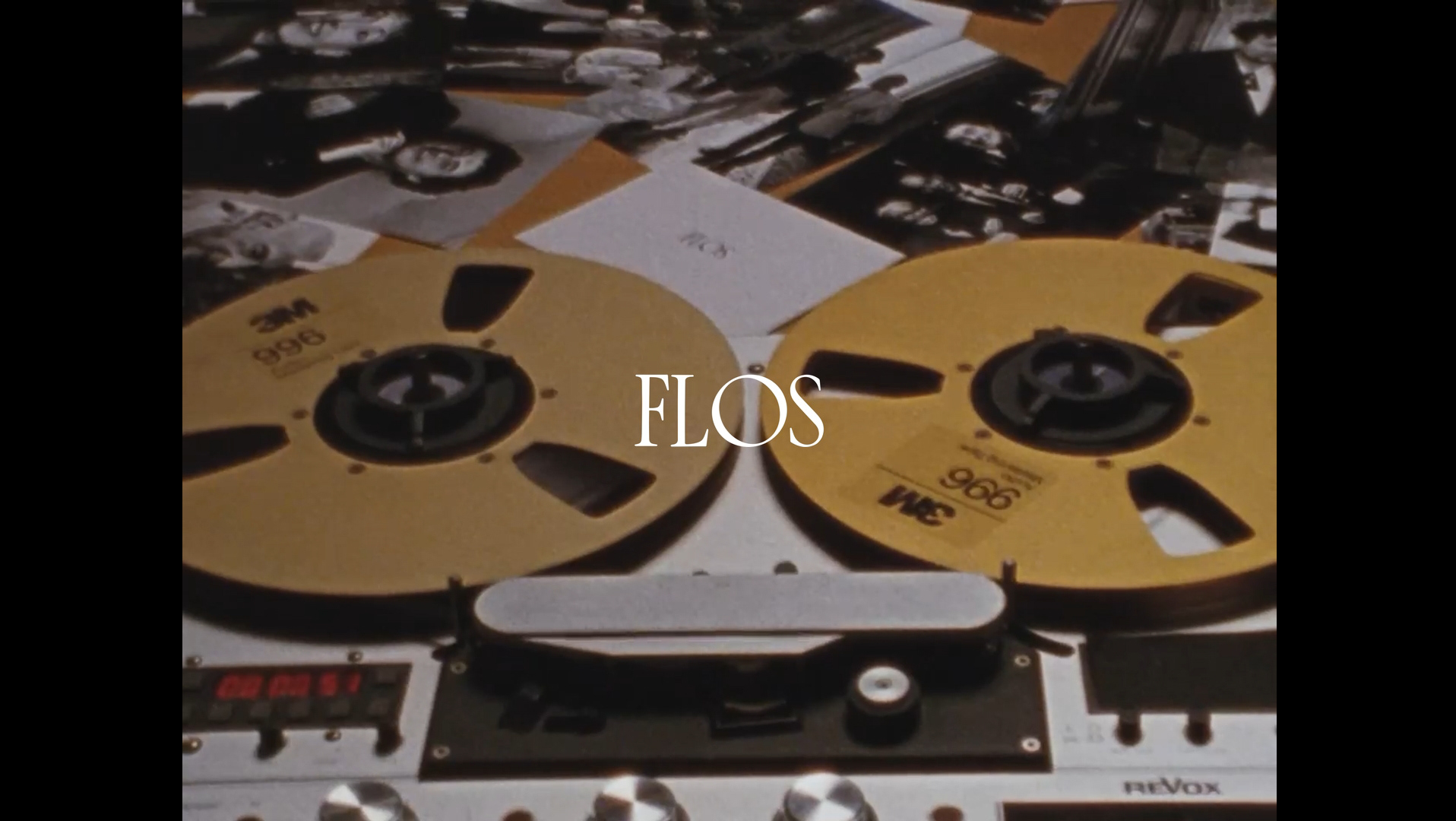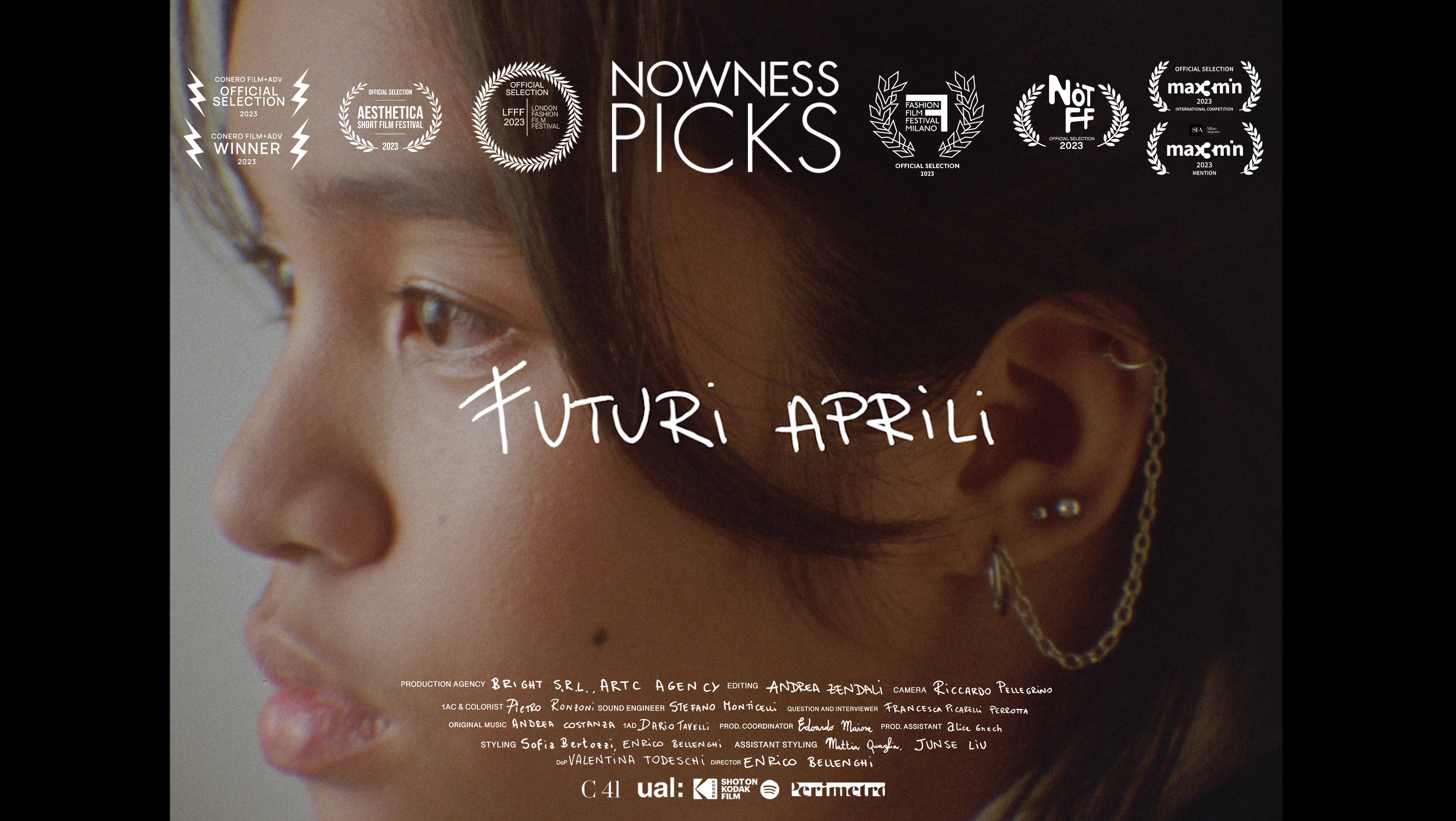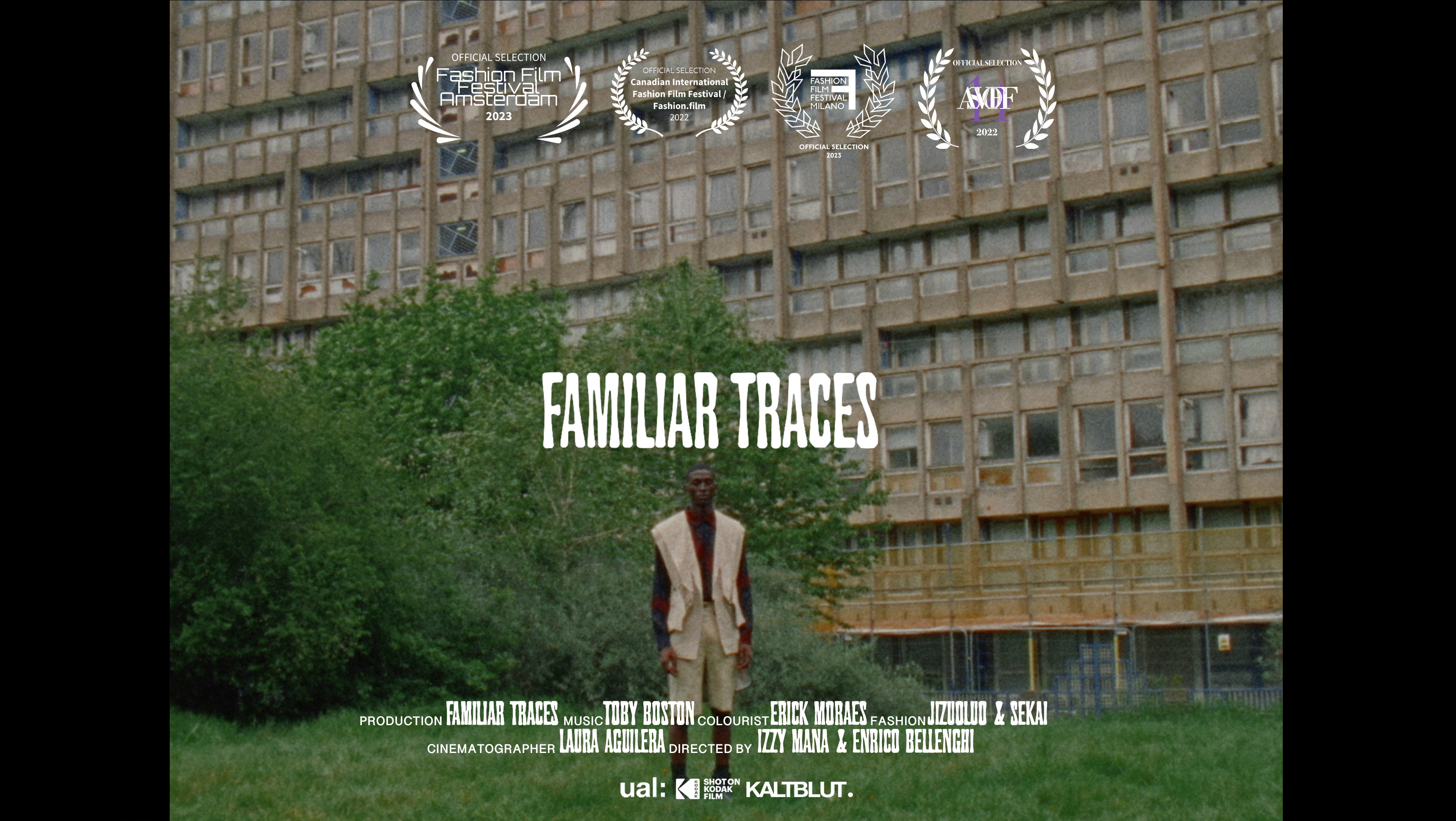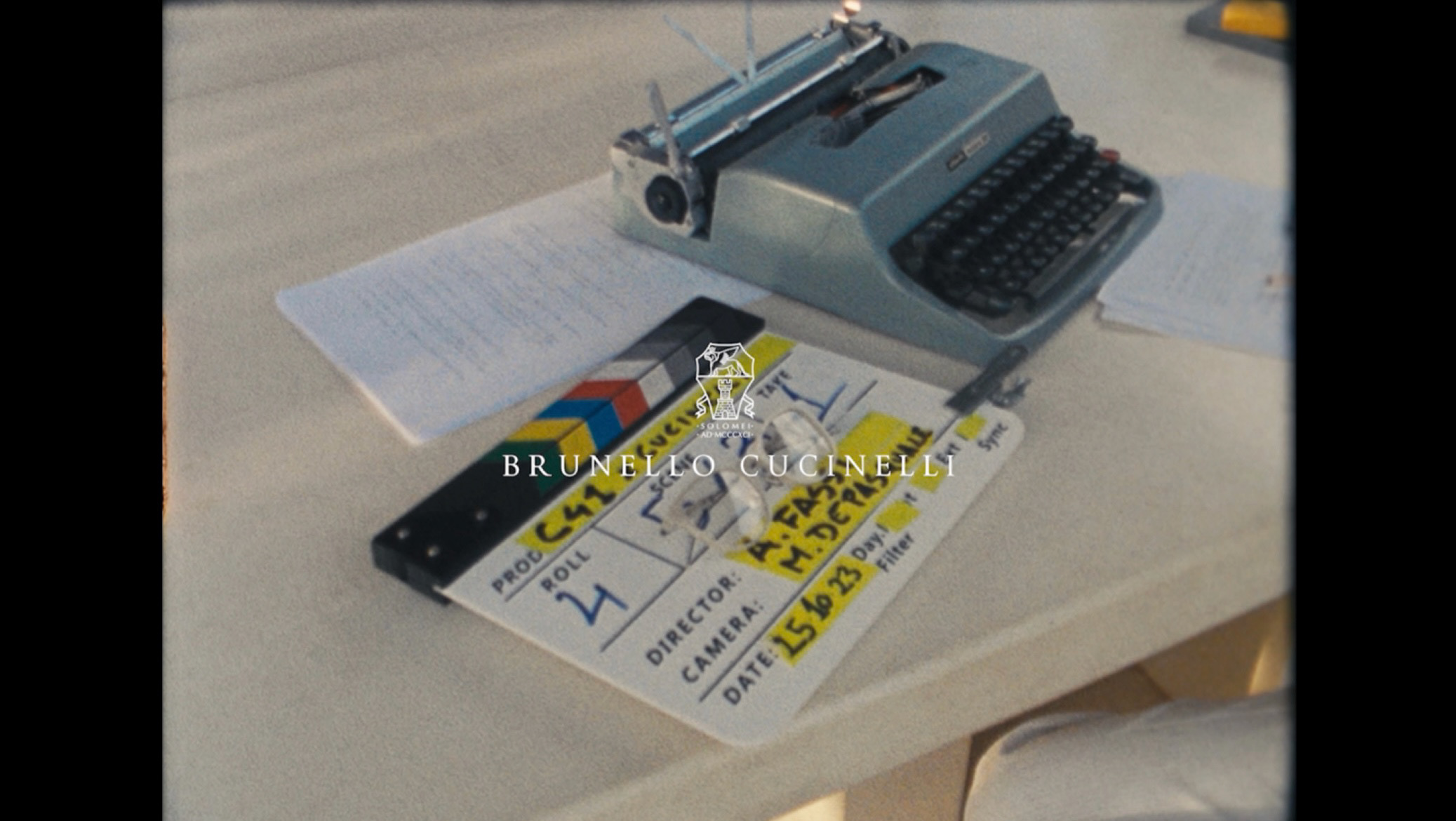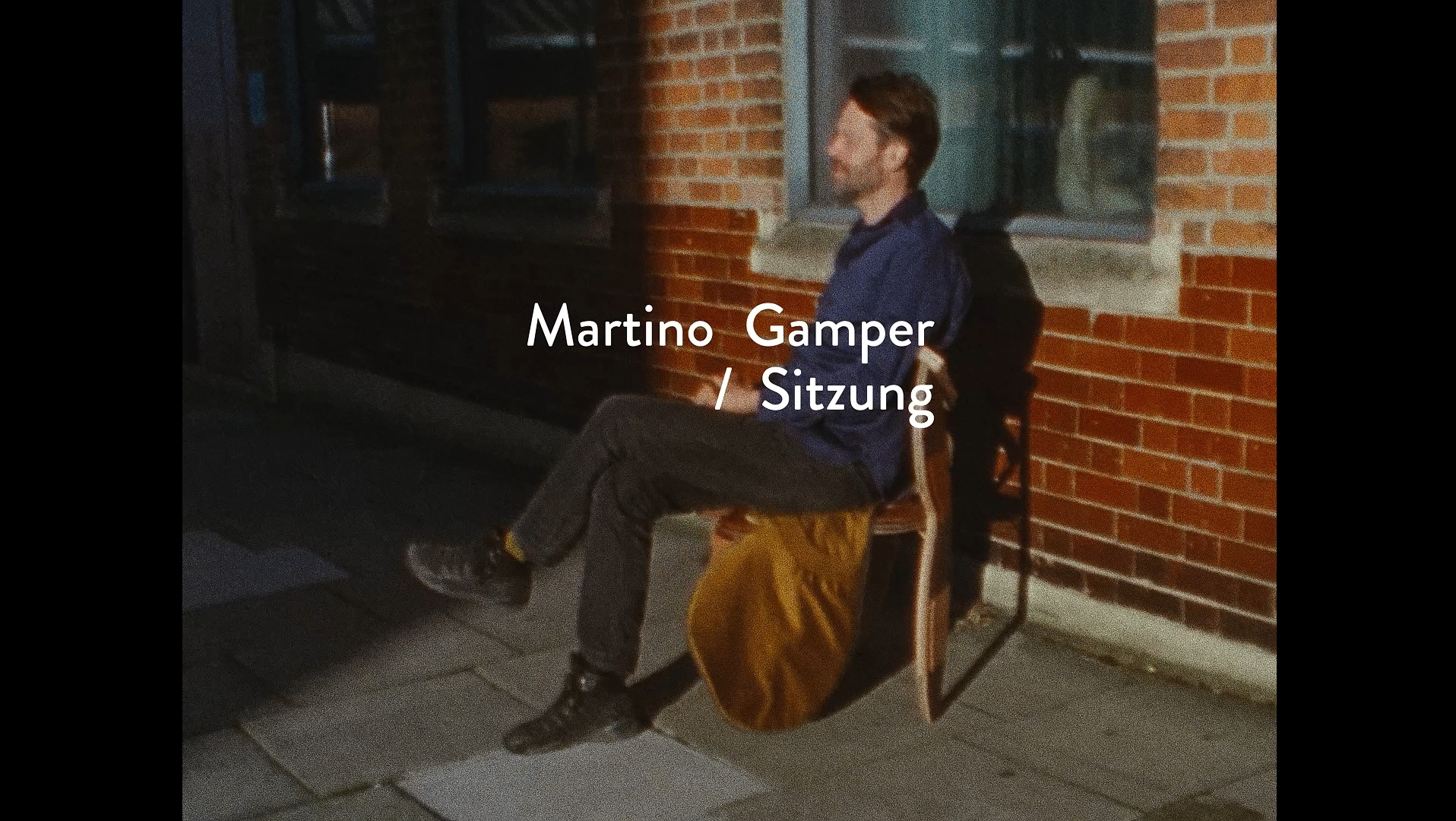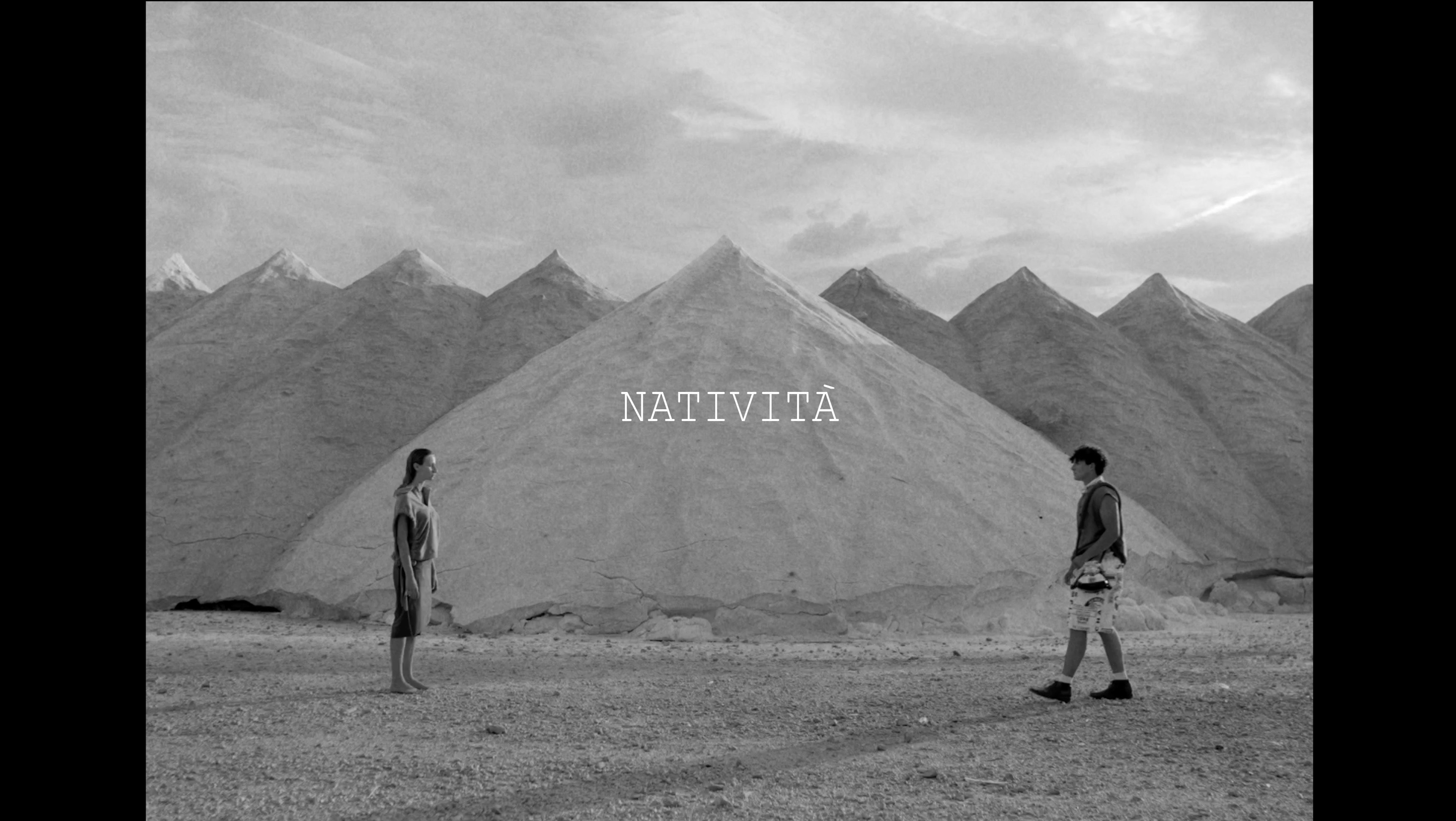"The Origins Trilogy" is a series of three short films inspired by the films and cinematic movements of great authors such as Federico Fellini, Michelangelo Antonioni, Pier Paolo Pasolini, Bernardo Bertolucci, Marco Bellocchio, and Pupi Avati, who all share a common origin from the Emilia Romagna region. The short films are shot entirely in this region with the goal of reinterpreting the values and distinctive traits of the territory in a modern way, recalling the past and representing the imagery created around the term "origin". The common thread of the three short films is the theme of travel and dreams, which allows for a sense of romanticism towards one's own land to be told in different ways. The short films are accompanied by poetic monologues that narrate the thoughts of the characters, and images of the territory are used to give a visual representation of their feelings.
The first chapter, titled "Raw Origins," is inspired by the Italian neorealist movement of the 1940s and takes place in the Po valleys, once an industrialized area but now mysterious and rural. The theme of eels is central to the plot and represents the protagonist's connection to her land and community. Clara, the daughter of an eel fisherman, dreams of escaping her roots and becoming a wealthy lady in the city. But when she reaches the city, she realizes that her dream is only an illusion and decides to return home, accepting her social condition and her identity. The short film explores the theme of Verga's Theory of the Oyster, which suggests that we cannot escape our blood and our origins, like eels that must return to their birthplace to perpetuate their species. The rural and ancient landscape contrasts with a mysterious metaphysical atmosphere inspired by the art of De Chirico and rationalist architecture, but the eels remain a constant symbol of the bond between the protagonist and her land.
The second chapter, "Dreamy Origins," explores the theme of nostalgia and melancholy of origins through a lucid dream of the protagonist who seeks something in his past memories. The protagonist walks the streets of Rimini guided by a peacock with a suitcase full of clothes representing different stages of his life. In his journey, he encounters various symbolic elements and tells anecdotes about the places in his imagination. In a dreamy, nostalgic, and romantic way, the theme of origin is represented as a place that defines us and shapes our thoughts and behaviors. In the end, the protagonist finds what he was looking for, a distant and almost forgotten memory, and regains the time he had lost. The short film recalls the films of Federico Fellini in its representation of nostalgia and dreams, depicting his origins.
The third chapter, titled "Frivolous Origins," tells of three young people who decide to drive to Bologna. The journey will serve the protagonists to reflect on society and their identity. The short film is inspired by the Italian Nouvelle Vague and presents the characteristics of the movement, such as dirty shots, social themes, and the restlessness of the characters. The theme of origin is represented frivolously, as the characters' feelings about their origin are vague but represent a rebellion that dominates the youthful imagination.
written and directed Enrico Bellenghi director of photography & color Valentina Todeschi editor Cecilia Rizzi camera operator Riccardo Pellegrino and Alma Maffi 1AC Matteo Magnano music Andrea Costanza prod: Enrico Bellenghi monologues: Luca Bombonati styling: Enrico Bellenghi, Sofia Bertozzi, Maria Anita Pompili Make up Alessia Marchese, Ilenia Crea from Accademia Raffaella MakeUp Style production agency Bright srl Starring: Clara Ghirlanda Riccardo Ghirelli Kiara Gonzalez Matteo Fiorentino Luca Pascali wardrobe: Federico Cina MSGM Lessico Familiare Simone Battista Marsell Figure Decorative Gamsnote Chiara Gabriele John Zucca Dennj
